Short threaded ND9 vials can be used on almost all autosamplers. borosilicate glass, as defined by ISO 3585:1998 and a Type I, Class A low-expansion.
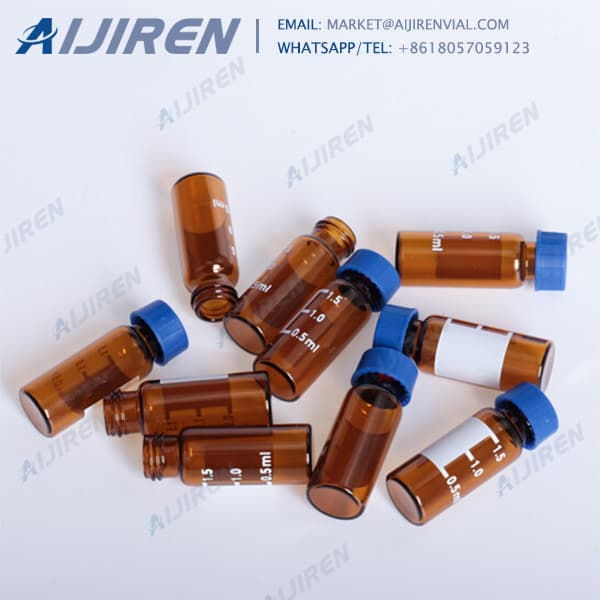
Short threaded ND9 vials can be used on almost all autosamplers. borosilicate glass, as defined by ISO 3585:1998 and a Type I, Class A low-expansion.
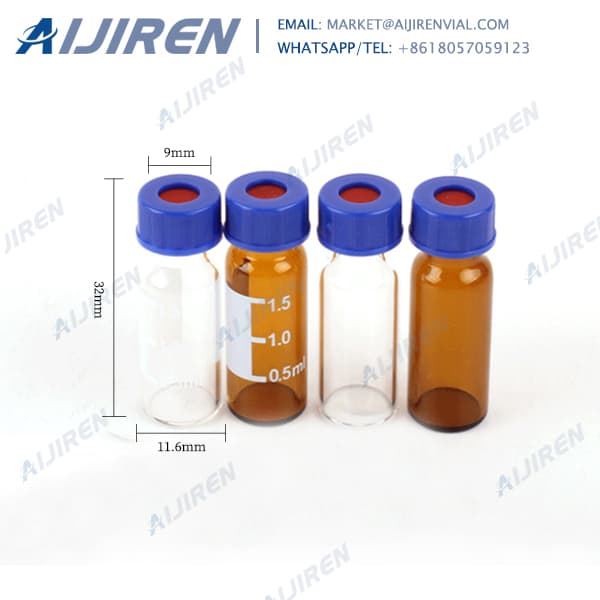
Glass of the 1st hydrolytic class is very hard and has a small coefficient of expansion, even in large temperature fluctuations. It has excellent chemical
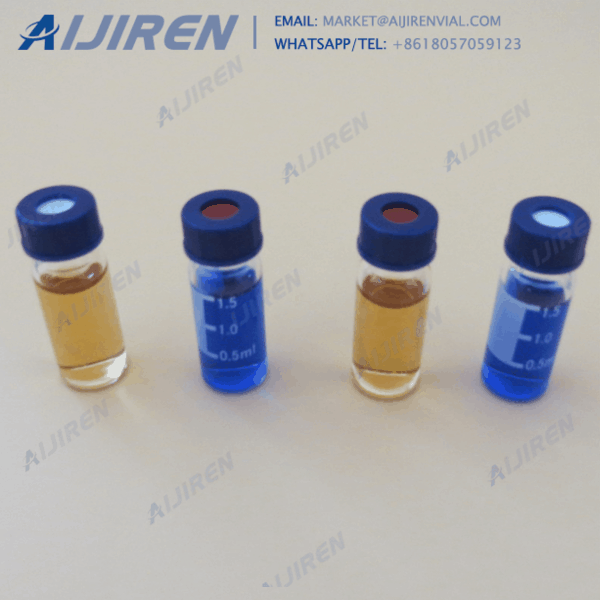
These inserts are the very best available today for HPLC, GC, LCMS & GCMS. The result is borosilicate glass with extremely low amount of surface metals.

Type 1 amber borosilicate glass has a linear coefficient expansion of 51. Schott. Glass Type. Principal Use. Density at 25°C g·cm-3.

Short Thread Vials ND9, wide opening and Micro-Vials with Short Thread ND9 a low expansion coefficient even at high temperature variations.

$22.99. LOW EXPANSION COEFFICIENT - 9mm Screw Thread Autosampler Vials are made of clear Type 1, Class A Borosilicate Glass with very low expansion coefficient.

Some utilize robotic arms to pick up a sample vial; some use tray rotation while The lower the coefficient of expansion the better the glass can handle.
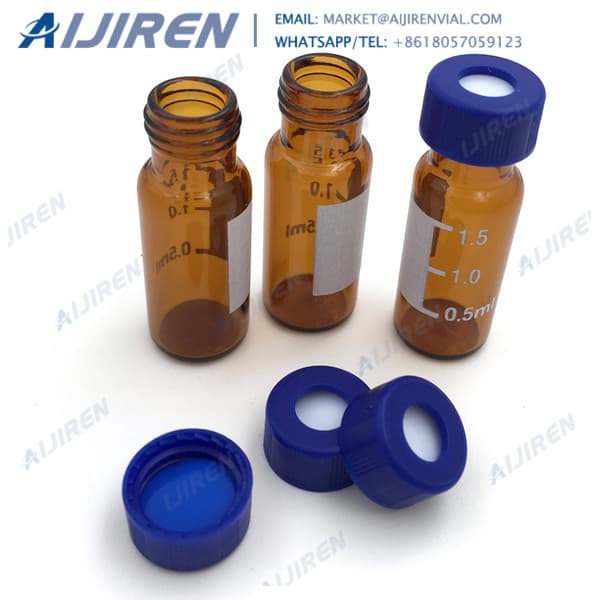
Most autosamplers require a very specific vial size and closure type for proper usage. If the wrong type of vial is used with your autosampler, this could
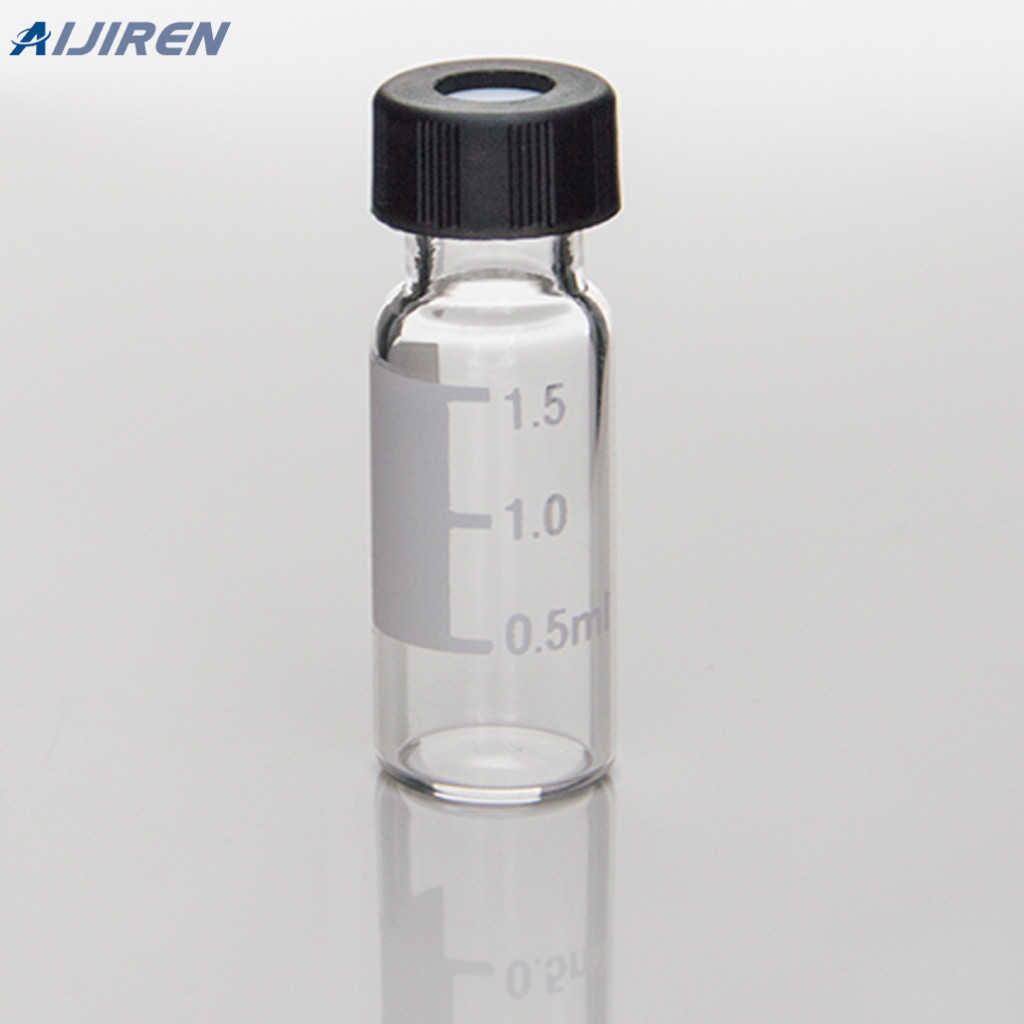
8mm (8-425) screw neck vials are the original smaller opening autosampler vials All types of EPA vials can be delivered against a small surcharge with a ...

Mar 30, 2012 From a quality point of view, both types of glass are equally suitable for use as an autosampler vial for chromatography. When manufacturing ...

The original, smaller opening vial with an. 8-425 thread size screw cap. ·The dimensions of autosampler vials are various. They are designed to work in a.

Hydrolytic class glass is very hard and has a low expansion coefficient even Short thread ND9 (thread ends in the middle of the neck, so that there is ...